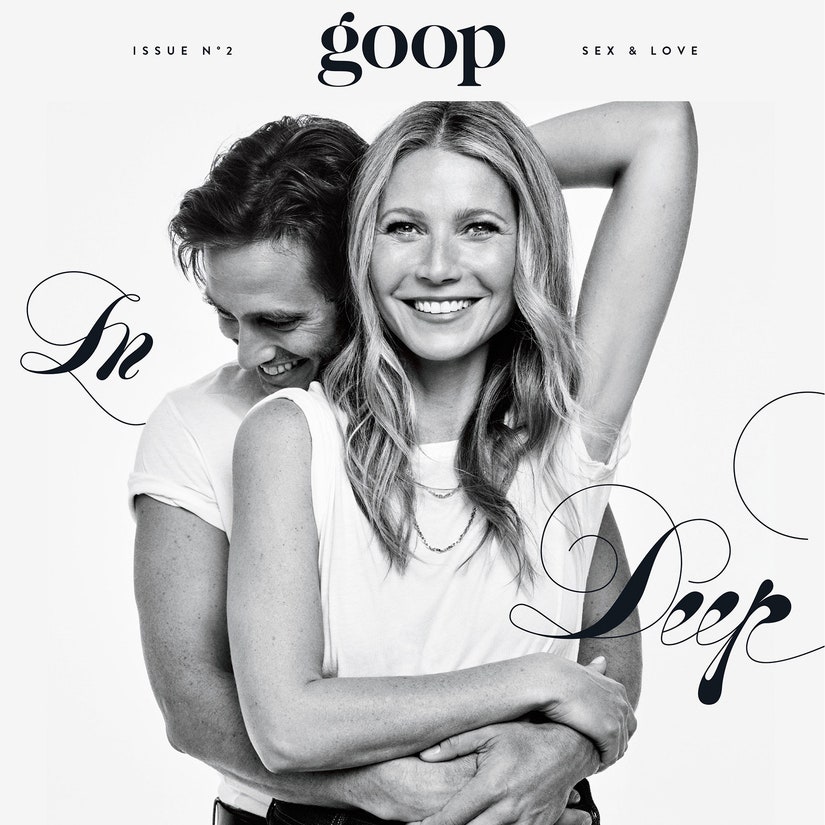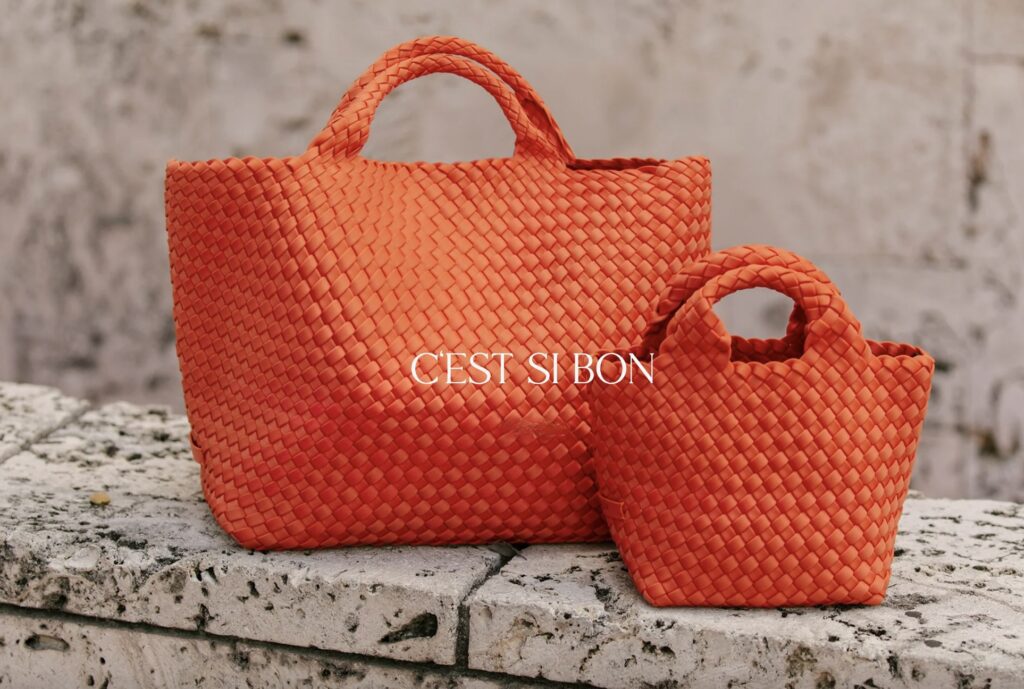Towards the end of the summer in 2018, Gwyneth Paltrow’s lifestyle brand Goop was taken to task – and to court – for allegedly making medical claims about the benefits of some of its products without having any “competent and reliable scientific [support]” for those claims. As a result, Goop was accused by ten California state District Attorneys – on behalf of “the People of the State of California” – of running afoul of U.S. advertising law.
The headline-making case – which centered on the alleged benefits of 3 products: Goop’s Jade Egg, Rose Quartz Egg, and Inner Judge Flower Essence Blend – was short-lived, since Goop agreed to swiftly settle the matter by paying $145,000 in penalties without admitting “any liability on Goop’s part,” according to a Goop rep, who revealed at the time that the company had not received “any complaints regarding these product claims.”
While the lawsuit may be firmly in the rearview mirror for Goop, which has been readily expanding its empire (it recently debuted a 6-episode docuseries with Netflix called “The Goop Lab”), at least part of the case is still very relevant: an enduring injunction that bars the buzzy venture from “making any claims regarding the efficacy or effects of any of its products without possessing competent and reliable scientific evidence that substantiates the claims” for a period of five years from September 4, 2018, the date that the Goop settlement was approved by a California state court. The company is also prohibited from “manufacturing or selling any misbranded, unapproved, or falsely advertised medical devices” for the same period of time.
Now, less than two years later, a prominent advertising watchdog claims that Paltrow’s company is in violation of that injunction. Citing a new investigation, Truth in Advertising, Inc. (“TINA”) told California regulators in a formal complaint letter on Monday that it has identified “more than a dozen examples of deceptive marketing materials that make health claims used by Goop to market 11 different products, ranging from perfumes, candles and supplements, to the [Jade egg] that was at the center of the lawsuit filed against Goop” in 2018.
In its letter, the Connecticut-based advertising-centric non-profit claims that Goop is “deceptively marketing products as able to treat and/or mitigate the symptoms of several medical conditions, including anxiety, depression, OCD, hormone imbalances, and hair loss, as well as address the symptoms of excessive alcohol consumption,” and thereby, “violating the 2018 Stipulated Judgmentthat it entered into with the State of California.”
Pointing to one specific example, TINA alleges that Goop’s $165 Edition 02 Shiso perfume is rife with issues, including its “unsubstantiated health claims” that “a clove leaf ingredient” in the fragrance helps to “improve memory,” while the birch oil ingredient “treats OCD,” patchouli “dissipates” anxiety and depression, and agar wood/aloe wood “treats neurosis.”
The dozen or so examples that it identifies “make clear that despite a monetary penalty and court order prohibiting Goop from making deceptive and unsubstantiated marketing claims, Goop continues to deceive consumers with inappropriate health claims in order to sell products,” TINA asserts, urging the California Food, Drug, and Medical Device Task Force to re-open the since-settled “investigation into Goop’s marketing and take appropriate enforcement action.”
Despite near-constant backlash over the merit of its methods, Goop – which was launched as a newsletter in 2008 – has, nonetheless, won over no small number of consumers, helping it to generate revenues of a reported $15 to $20 million as of 2016, according to Forbes, with income tripling year-over-year between 2016 and 2018, per Goop.
As of March 2018, the company had garnered a reported valuation of a $250 million, following a Series C round of funding that brought in $50 million from the likes of NEA, Lightspeed and Felix Capital, the latter of which has active investments in Farfetch, Business of Fashion, Highsnobiety, and Anine Bing, among others. Previous funding rounds saw funds like 14W – which has backed Glossier, luxury fashion website Moda Operandi, direct-to-consumer clothing brand Everlane and eco-friendly fashion company Reformation, per the WSJ – and Isomer Capital pump cash into the business. To date, Paltrow’s venture has raised a total of $82 million in outside investment.
A rep for Goop did not respond to a request for comment.











